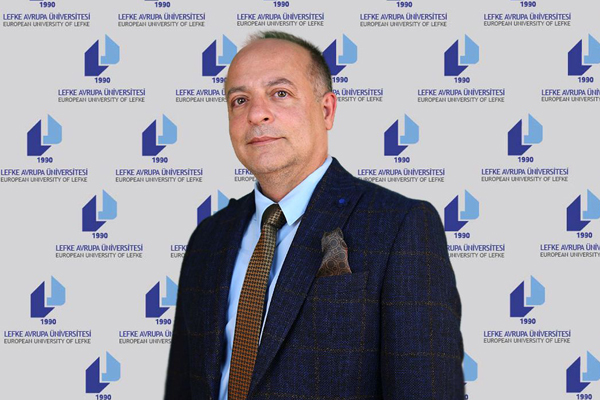EUL Academician Muhtaroğlu made a statement on the occasion of “World Rare Diseases Day”

European University of Lefke (EUL) Faculty of Medicine Faculty Member Asst. Prof. Dr. Musa Muhtaroğlu made statements on the occasion of 29 February World Rare Disease Day and discussed the social effects of rare diseases, the importance of World Rare Disease Day and the steps that can be taken for change.
“Health is a fundamental right of societies and is recognised as a phenomenon that every individual is able to access. However, Muhtaroğlu stated that rare diseases, which generally have a low prevalence, are a factor that complicates the efforts of societies to maintain this fundamental right. Muhtaroğlu also explained that World Rare Disease Day, which is celebrated every year on 29 February, is organised to draw attention to this important issue, to inform the society and encourage them to take steps for change.
Muhtaroğlu expressed that although rare diseases usually affect a small population, their social impact is quite large and continued as follows; These diseases are usually of genetic origin and are difficult, high cost and complicated to treat. This situation causes individuals and families to struggle emotionally, financially, and socially. The low awareness of rare diseases in the community further increases the difficulties faced by these individuals. World Rare Disease Day is an important event organised to draw attention to the social effects of these special diseases and to raise awareness. This day provides an opportunity to raise awareness of rare diseases in society, support individuals living with these illnesses, and provide resources for scientific research. An informed society can have a stronger foundation for understanding, sympathising with, and making informed decisions about the impact of rare diseases.
Muhtaroğlu who stated that a few basic steps can be taken to create an informed society and ensure an effective change in the fight against rare disorders, stated that: “Firstly, health professionals and educators should receive more training on the diagnosis and treatment of rare diseases and raise awareness of the community on this issue. The media can play an important role in providing accurate and effective information about these diseases. In addition, governments and health organisations can lead social change by establishing specific policies and supporting programmes in the fight against rare diseases.”
Muhtaroğlu stated that World Rare Disease Day provides an important platform to raise social awareness and create an informed society and said, “Today is a call for effective change in the fight against rare diseases. Health professionals, academics, media, and governments coming together to raise awareness about rare diseases, support research, and provide better support to individuals living with these diseases is a critical step to build an informed society and create a significant change in the fight against rare diseases.”
